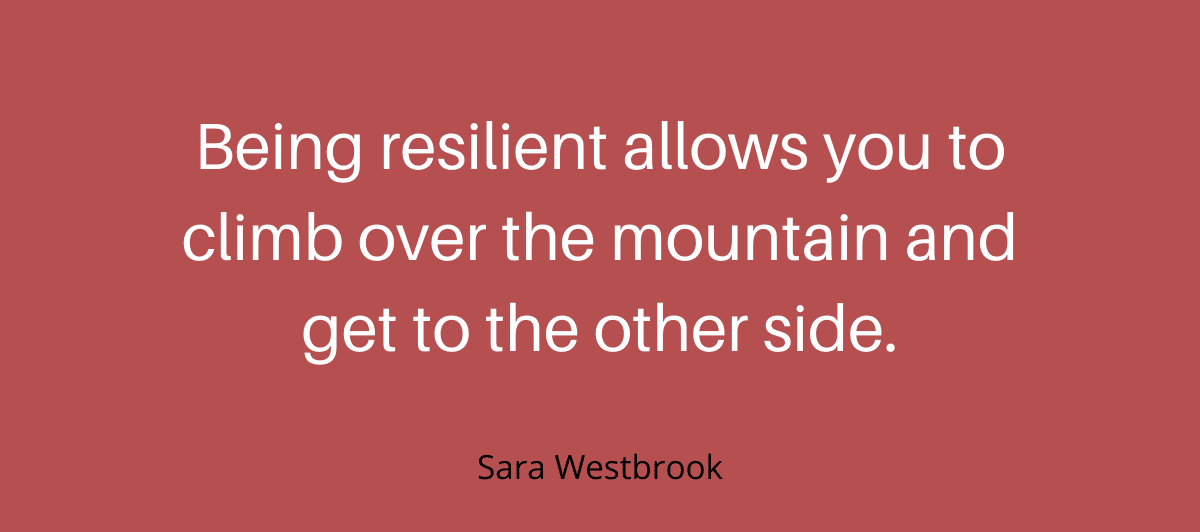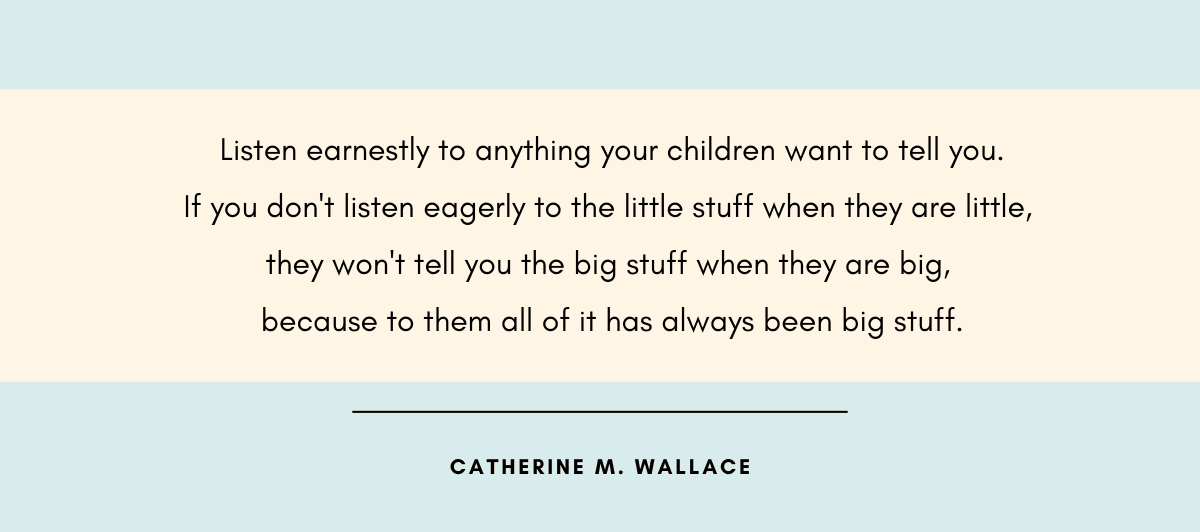
Mindsets of a Resilient Child
Children aren’t born resilient. Seeing challenges, mistakes and changes as a learning experience is an essential part of building a resilient child. The good news is that resilience is a skill that can be learned and strengthened with practice and support.
Here are 3 mindsets that can help you on the journey to building a resilient child.
1. A CHALLENGE IS A CHAPTER OF YOUR LIFE NOT YOUR WHOLE STORY
If a challenge is seen as an opportunity for growth, children are better able to deal with it, bounce back, adapt and learn from it. If it is seen as hopeless, it is easy for them to feel like giving up. Changing perspective changes their internal dialogue about an event or circumstance to a more positive, less emotional viewpoint.
Ask kids to take a challenge they are experiencing and answer the following questions:
- What’s something that’s hard for you right now?
- What have you learned about yourself from this challenge?
- How would you face this challenge the next time?
2. SEEING MISTAKES AS AN OPPORTUNITY
The fear of making a mistake and feeling embarrassed can be a huge deterrent to young people trying something new. What if we taught children to see making a mistake as an opportunity to grow and learn? And that when they feel the awkward emotion of embarrassment – that’s ok – it’s part of the journey.
What if we taught them that ‘the butterflies’ or nervousness they are feeling is a good thing and that it’s natural to feel that way? Perhaps then, they would be excited to try something new instead of fearing ‘what if I make a mistake?’
Ask kids to do the following exercise:
- Write about a time you allowed your fear of making a mistake stop you from saying or doing something.
- What do you wish you would have said or done?
- What did you learn from this experience?
- The next time you feel nervous, what could you do? Examples: breathe deeply, repeat ‘it’s ok to feel nervous’, ‘I am brave’…
3. LIFE IS CONSTANTLY CHANGING
Children who understand that life is like a roller coaster, with lots of ups and downs, will be able to bounce back and accept change with more ease. Studies show that viewing change as a challenge that they can tackle instead of a threat, equips young people with the ability to better deal with adversity. It allows them to find creative solutions to new challenges, to face adversity with calmness and confidence and to have a sense of mastery over life circumstances
Ask kids to complete the following exercise:
- Write about a time you did something you thought you couldn’t do.
- What did you learn about yourself from that experience?
- List 3 new things you could try.
Resilient kids become resilient adults, able to not only survive, but thrive in the face of challenges, mistakes & changes.
The support we give our kids today will positively impact their future!
Until next time…



